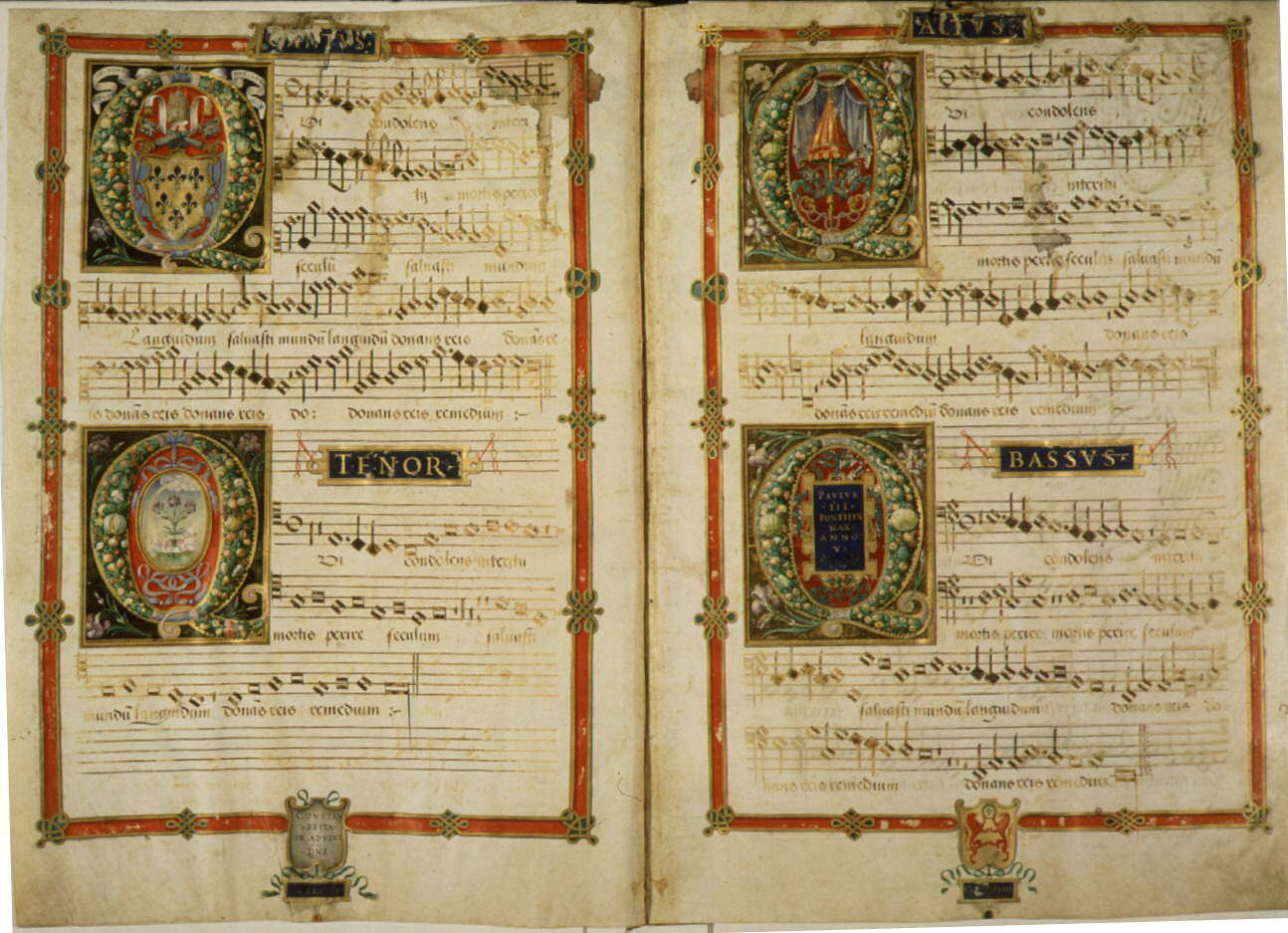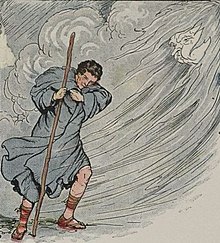Order of texts: English -- Arangothek -- Smooth English of Arangothek
Our Father who art in heaven,
hallowed be thy name.
Thy kingdom come.
Thy will be done
on earth as it is in heaven.
Give us this day our daily bread,
and forgive us our trespasses,
as we forgive those who trespass against us,
and lead us not into temptation,
but deliver us from evil.
--
Na apisinimil, sintha ve tin degdrelth,
tesset an ve vilki ne drelth,
Gostet an ettix,
Ultessa an ve pengovathet,
Ben drelth an ve har tin degdrelth.
Ne melin an sulix ai tispatinimil banhestek,
la ai ultovathinimil ruk an emblix,
har melin ve emblix ai delin, selintha ve ultix rukaxa ne melin,
la mu an branthalix ne melin kar melin an pengix ai ultua ai ultovathil ruk,
Lai ai melin an bobalix ker ruk.
An ve.
--
O our father, who is in heaven,
may your name be holy to the earth,
may your reign come,
may your desire be done,
on the earth as it is in heaven.
Give us our everyday* bread,
and forgive us (for) our bad actions,
as we forgive those people, who act badly to us,
and do not guide us into wishing to do bad things,
but shield* us from evil.
Amen. ("let it be".)
---
Notes on word usage:
*banhestek is formed from ban- (every) + hest (day)+ ek (adj), and is listed in the F.dictionary as "ordinary, everyday, usual". I figured it could also mean "of each and every day", as this particular prayer calls for. Figured I'd include it here in the notes, though, in case there are any objections.
---
Notes on word usage:
*banhestek is formed from ban- (every) + hest (day)+ ek (adj), and is listed in the F.dictionary as "ordinary, everyday, usual". I figured it could also mean "of each and every day", as this particular prayer calls for. Figured I'd include it here in the notes, though, in case there are any objections.


